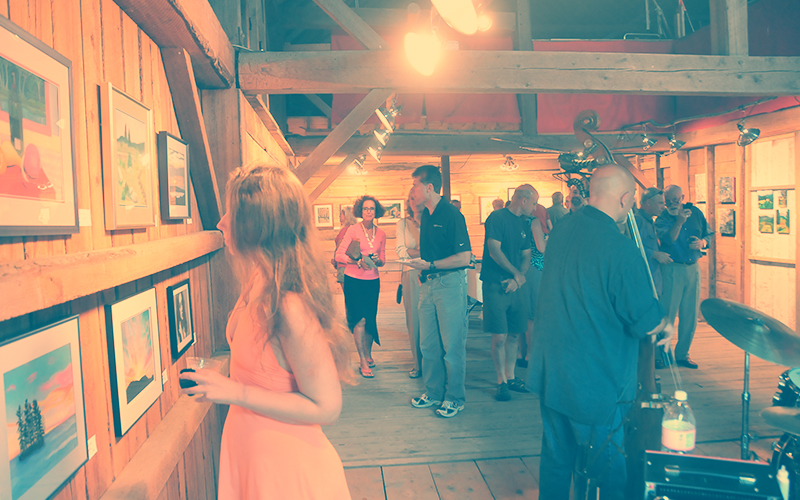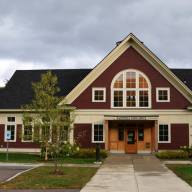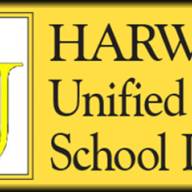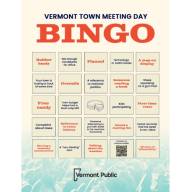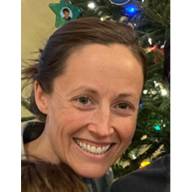The COVID-19 pandemic has hit the arts sector hard. National data released by the National Endowment on the Arts (NEA) and the Bureau of Economic Analysis show, “Between 2019 and 2020, the U.S. arts economy shrank at nearly twice the rate of the economy as a whole: arts and cultural production fell by 6.4% when adjusted for inflation, compared with a 3.4 decline in the overall economy. While the size and diversity of the arts and culture sector helped it to remain a major contributor to the economy, certain arts industries saw enormous declines.” The report says, “In year one of the COVID-19 pandemic, few areas of the U.S. economy were harder hit than the performing arts. After adjusting for inflation, the value added by performing arts presenters (including festivals) fell by nearly 73% between 2019 and 2020.”
“At the moment when COVID hit we were getting ready to open the doors for Cabin Fever Follies,” said Valley Players Theater board member and actor Doug Bergstein. “At that point, everything shut down. We were in the midst of our 40th anniversary, we were rehearsing for ‘Alice’s Adventures in Wonderland.’ We stopped everything.”
In spring 2020, the Valley Players actors began reading plays together on Zoom. “We could include people who weren’t in Vermont,” director Ruth Ann Pattee said. Throughout the pandemic, the Valley Players performed several plays on Zoom, including “Pygmalion,” “A Christmas Carol, “A Life-altering Event,” (by Vermont playwright Jeanne Beckwith), and “The Importance of Being Earnest,” as well as the first annual Mad River Story Slam (the second will be in person on April 2, 2022), and a virtual “Cabin Fever Follies.”
The Valley Players performed “Alice’s Adventures in Wonderland” in person in July 2021 and “Noises Off” in October 2021, which had been planned for fall of 2020. A performance of “Noises Off” was canceled due to a cast member falling ill. During the Omicron variant surge, actors Zoomed into rehearsals for “Clue,” which went on stage in January-February 2022, with actors using clear face masks. Now that Waitsfield has removed its mask mandate, masks are optional for audience members. Performances remain available on YouTube.
Normally, the Valley Players would do a big musical production, but Pattee said those productions tend to be expensive, so they do not plan on doing one this year. The annual Mad River Valley Craft Fair, a major fundraiser for the Valley Players, didn’t happen in 2020. The Valley Players did receive a grant from Lawson’s Finest Liquids, which Bergstein said helped supplant the funds they would typically receive from the craft fair.
“So we didn’t get ahead but we didn’t fall behind. We didn’t charge ticket prices [for virtual shows] but our audiences were generous and it really helped,” Bergstein said. “We were very fortunate in many ways … It made it clear that the performing arts is essential to people’s lives. Once we started doing things people poured in,” he said.
MUSICIANS
Rob Williams, Waitsfield, is one-half of the Phineas Gage Project band with Erica Stroem, Waitsfield. Williams said that they performed six times in two years. That was three summer gigs in 2021, Round Up on the River, the Waitsfield Farmers Market and a few Burlington gigs late last fall at Foam Brewery. They’ve done no après ski gigs over the last two years.
“‘Music shakes the dust off of ordinary life,’ observed the great jazz drummer Art Blakey. I’ve deeply missed ‘shaking off the dust’ with live musical performing -- hoping for a global Phineas Gage project post-COVID 2022 tour,” Williams said.
SANTOR
Anthony Santor, Waitsfield, is a bass player who, pre-COVID, performed throughout The Valley and central Vermont and beyond. With the onset of the pandemic in March 2020, everything for all performers was shut down.
Santor, who is also a longtime massage therapist and also worked extensively in baking and food service, was starting to feel the wear and tear on his hands. "When COVID first hit and everything shut down, I was practicing, but not performing at all. That following summer, Flatbread had outdoor dining and I was playing some gigs then. After that I came to the realization that my hands were really starting to bug me. So now I'm just focusing on body work," he said. Three years ago, he went to Boulder, Colorado, to study vibrational therapy using Tibetan sing bowls and he has used that to incorporate music into his body work.
"I miss the camaraderie of friends and being with them on the band stand, but I'm not going back to playing. Playing bass is so physical, it would take me so long to get back in shape," he added.
BENNETT
Pianist Carey Bennett, Fayston, normally plays weddings, cocktail parties, Christmas gatherings and other events. That all dried up during the height of the pandemic, she said. “Yes, income was lost, but the impact on me was minimal compared to others who perform full-time,” she said. She said that videos were provided for church services and some performances and there were also performances on Zoom.
“I played for a few memorial services, a senior center and a couple of outdoor events during the weeks when virus numbers were low (always masked). Events are now starting to pick up again,” she said.
CRAFT FAIRS
It wasn’t just the performing arts that were impacted by the pandemic. Craft fairs, festivals and events were canceled or postponed and artists’ livelihoods took the toll. “Between 2019 and 2020, the arts economy shed more than half a million jobs (604,000 workers) -- not counting self-employed artists and other cultural workers,” the NEA data show.
BAILEY
Noel Bailey, a Waitsfield ceramics artist, was unable to show his work at the Mad River Valley Craft Fair in 2020, though his sales were not significantly impacted. He had to pivot from in-person sales and selling primarily to galleries to direct online sales. “Demand has definitely gone way up,” he said, noting that people were staying at home during the pandemic and purchasing home goods such as ceramics.
According to the NEA, arts comprise 9,706 jobs in Vermont. As with many industries, artists have had to adapt their practices as a result of the pandemic. While that has presented its challenges, tools such as Zoom/virtual performances and online sales have helped bolster the thriving arts economy in Vermont and the Mad River Valley.


